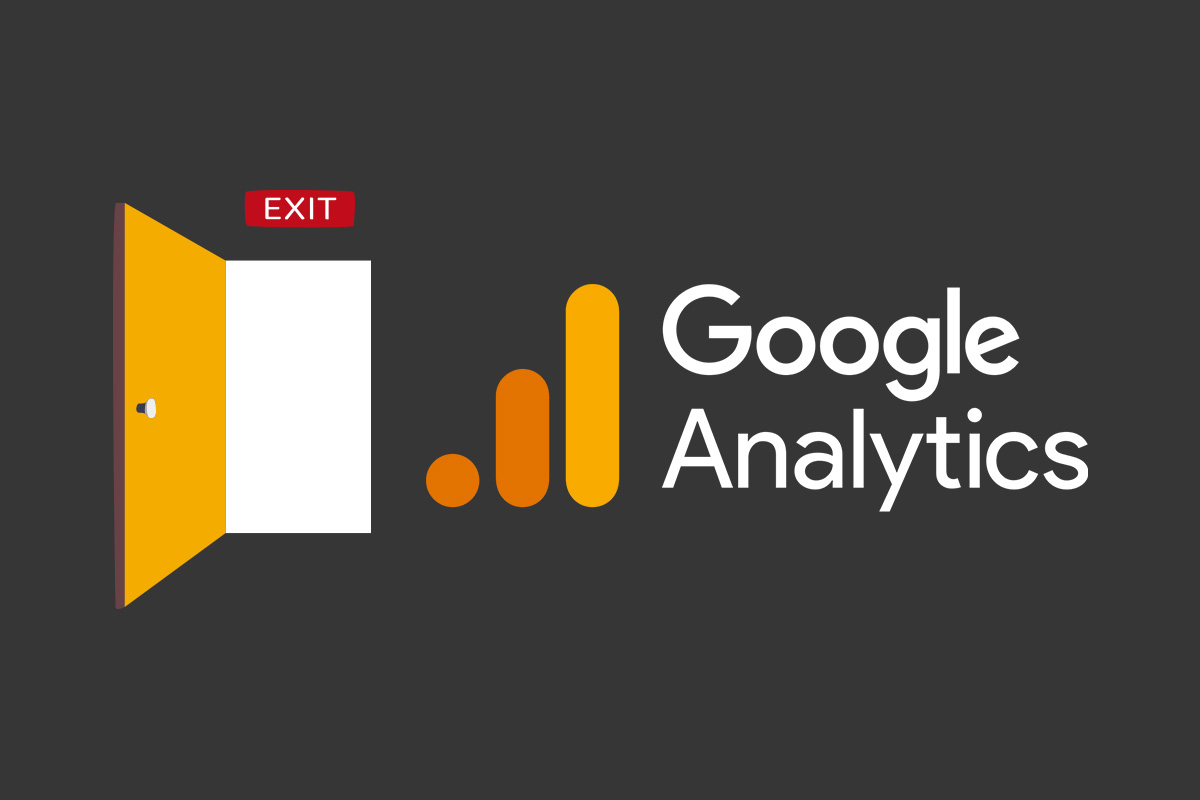Google Analytics 4 Announcement (GA4)

As advertising and marketing professionals, you have undoubtedly used or been exposed to Google Analytics. Since 2005, businesses across the world have relied on this platform to track and measure the success (or failures) of campaigns and e-commerce and help create a deeper understanding of their customers. The interface so many of us have come to rely on is about to change.
On March 16, Google sent an email reminding Analytic users that they need to start the process of switching over to Google Analytics 4 (GA4). They also reminded us that the standard Universal Analytics will stop processing new hits on July 1, 2023.
What does this mean for you? You will need to create a new GA4 property to start collecting your web traffic ASAP. The GA4 will not backfill your historical data, so it’s imperative you begin tracking now to capture data for future analytics.
What will happen to all of your historical data on your Universal Analytics account? According to Google, processed data in Universal Analytics will be available for at least six months after it stops collecting hits. Based on this information, we recommend you begin downloading historical reports in a CSV or Excel should you need them in the future.
Why is Google doing this switch? In short, the online privacy landscape has changed and the depreciation of cookies has driven this change.

With change comes new features. Here are a few of the new benefits that are integrated into GA4:
- Privacy-focused, future-oriented durability
- Intelligent, insightful machine learning about the customer journey across platforms and devices
- Enhanced, seamless integrations with Google’s advertising platforms to optimize campaign performance and drive greater marketing ROI
- Premier technology that automatically excludes known bots
- User-level reporting across devices and across web, iOS, and Android data streams
The online landscape is changing faster than ever, and since Google is the 800lb gorilla, we must play its game. Yes, there will be a learning curve, as there is with any new platform. However, if you are somewhat familiar with Universal Analytics, the transition shouldn’t be a big headache. If you require insider assistance, check out Google’s 12 step guide to implementation.

